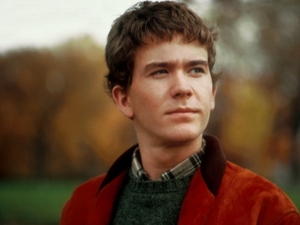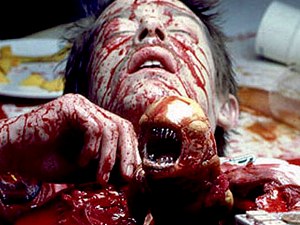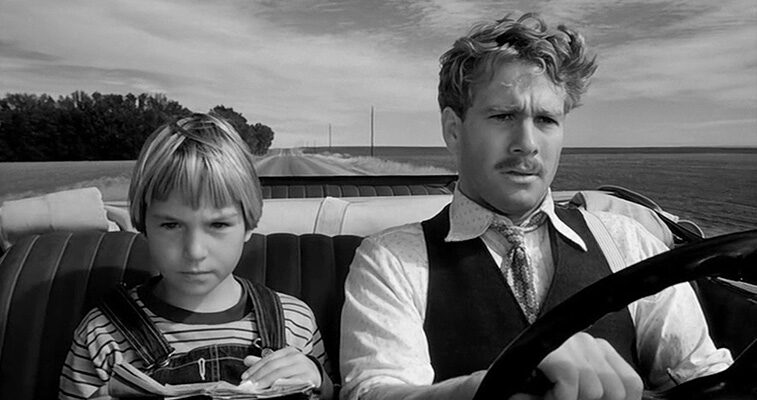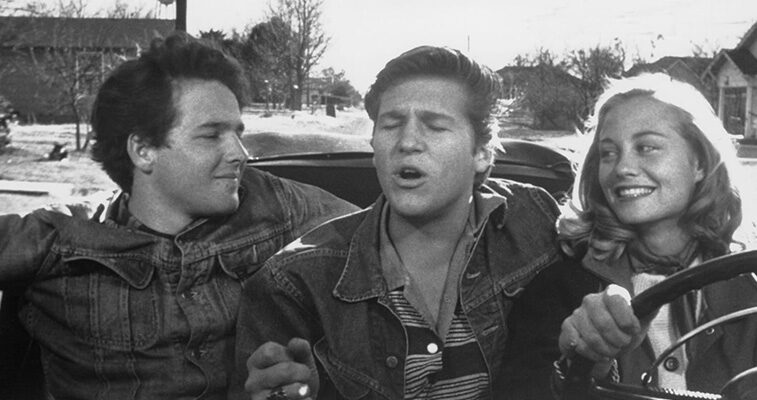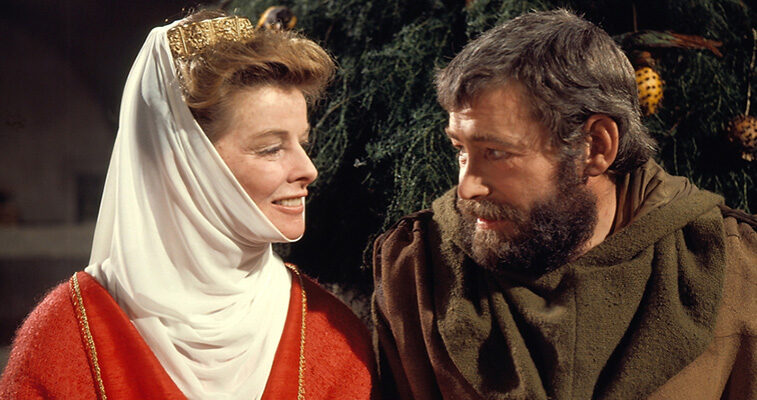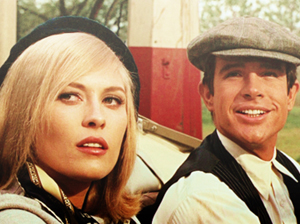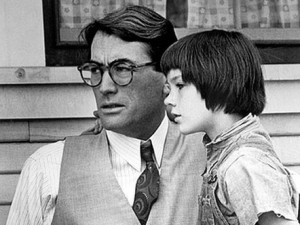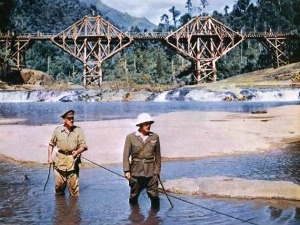Ordinary People (1980)
[10]
Robert Redford directs this adaptation of Judith Guest’s novel, about a family reeling from the accidental death of the eldest child. Unlike so many dramas, it’s what you don’t see and what isn’t said that makes Ordinary People such a gut-wrenching, powerfully moving film.
Timothy Hutton, Donald Sutherland, and Mary Tyler Moore give superb performances as family members struggling to reconnect with one another after the tragedy. Hutton won the Best Supporting Actor Oscar for his raw, riveting portrayal of young Conrad Jarrett. Moore plays his mother, an emotionally unavailable woman barricading herself from further distress by ignoring her family’s problems, even after Conrad tries to take his own life. Sutherland plays the father, the mediator between mother and son, desperately trying to hold his family together. Judd Hirsch appears as Conrad’s therapist, a savior shrink who forces Conrad to confront his guilt and fear.

